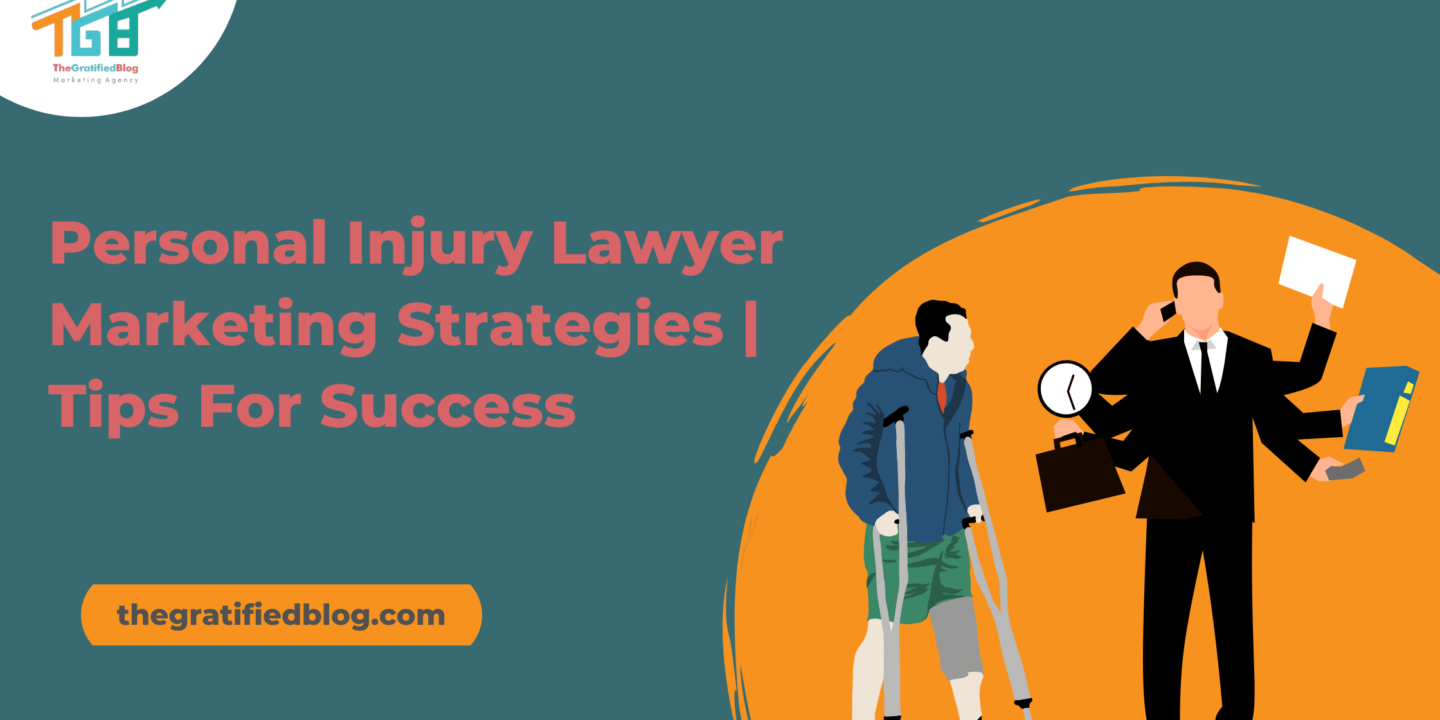
In the constantly evolving realm of legal services, the ability to effectively market personal injury law expertise can make all the difference. Personal injury lawyer marketing isn’t just about promoting services; it’s about connecting with individuals facing challenging times and guiding them toward the justice they deserve.
This comprehensive guide delves into nine powerful strategies for elevating your firm’s visibility, engaging potential clients, and fostering long-term relationships in the fiercely competitive legal landscape. Whether you’re a seasoned practitioner or a budding firm, mastering these strategies will amplify your presence and position you as a trusted ally in navigating the complexities of personal injury law.
Let’s explore how you can tailor your marketing approach to resonate with clients and drive success in personal injury law.
What Is Personal Injury Lawyer Marketing?
Marketing for personal injury lawyers encompasses the strategic initiatives and tactics employed by law firms and individual personal injury lawyers to promote their legal services, attract potential clients, and build a strong reputation in the legal industry.
This marketing type focuses on reaching People who have sustained injuries as a result of accidents, negligence, or wrongdoing misconduct and are seeking legal representation to pursue compensation for their damages.
Importance Of Effective Marketing For Personal Injury Lawyers
Successful outcomes often hinge on the pivotal role of influential marketing personal injury lawyers for several reasons:
- Visibility and Brand Recognition: Effective marketing increases visibility in a competitive legal landscape and helps personal injury lawyers stand out. A strong brand presence makes recognizing and recalling the firm easier, increasing the likelihood of being contacted when legal assistance is needed.
- Lead Generation and Client Acquisition: Marketing strategies such as search engine optimization (SEO), content marketing, and pay-per-click (PPC) advertising help generate leads by attracting people actively seeking legal assistance for personal injury matters. By reaching the right audience with compelling messages, lawyers can acquire new clients and grow their practice.
- Building Trust and Credibility: Consistent and informative marketing efforts, such as publishing educational content, sharing client testimonials, and showcasing successful case outcomes, help build trust and credibility with potential clients. When individuals see evidence of a lawyer’s expertise and track record of success, they are more likely to trust them with their legal matters.
- Client Education and Empowerment: Effective marketing involves educating clients about their rights, legal options, and the personal injury claims process. By providing valuable information and guidance, lawyers empower clients to make informed decisions, leading to stronger attorney-client relationships and positive case outcomes.
- Differentiation and Competitive Advantage: A well-executed marketing strategy allows personal injury lawyers to differentiate themselves from competitors by highlighting their unique strengths, areas of expertise, and client-centric approach. This differentiation creates a competitive advantage, making attracting clients who resonate with the firm’s values and capabilities easier.
Challenges In Personal Injury Lawyer Marketing
Personal injury lawyer marketing comes with its set of challenges:
- High Competition: One significant challenge is the high level of competition in the personal injury law market. Many law firms and individual lawyers are vying for the attention of potential clients, making it challenging to stand out and differentiate oneself effectively. This competition often increases marketing costs and efforts to gain visibility and attract clients.
- Complex Legal Environment: The legal environment in personal injury law is complex and constantly evolving. Lawyers must remain informed about shifts in laws, regulations, and court decisions and rulings, which can impact the strategies and messaging used in marketing campaigns. To navigate this complexity effectively, I have a profound comprehension of legal nuances and communication with clients and prospects.
- Managing Reputation and Reviews: Maintaining a positive online reputation and managing client reviews can be challenging. Negative reviews or unfavorable online content can harm a lawyer’s reputation and credibility, leading to potential client loss. Lawyers must actively monitor and respond to reviews, address client concerns promptly, and implement strategies to encourage positive feedback and testimonials to mitigate these challenges.
Having understood the essence and significance of personal injury lawyer marketing and its challenges, let’s delve into the strategies employed for its implementation.
Strategies For Effective Personal Injury Lawyer Marketing
Strategy 1: Define Target Audience
This strategy involves carefully identifying and understanding potential clients within the personal injury law niche. This analyzes demographics such as age, gender, location, income level, and occupation to determine the most relevant target audience for personal injury legal services. Understanding these potential clients’ legal needs is essential for
By delving into the specific challenges and pain points the target audience faces, personal injury lawyers can craft messaging and solutions that resonate with potential clients. This understanding allows lawyers to address client concerns more effectively, positioning themselves as trusted advisors in navigating legal complexities.
Strategy 2: Establish Online Presence

A professional website is crucial for personal injury lawyers to showcase their expertise and services effectively. A professional website should include relevant content that educates visitors about personal injury law, highlights the firm’s experience and successes, and provides clear contact information for potential clients to reach out.
Optimizing the website for high search engine rankings is crucial for increasing visibility and attracting organic traffic. This involves implementing SEO best practices such as keyword optimization, creating high-quality and authoritative content, Improving website speed and performance, and acquiring backlinks from credible sources. These practices lead to higher rankings in search engine results for well-optimized website pages and enhance user experience, leading to increased inquiries and conversions.
Strategy 3: Content Marketing

Content marketing is crucial in the realm of personal injury lawyer marketing. It involves creating valuable, informative content that resonates with potential clients. This includes developing high-quality blog posts, articles, guides, and other content formats that address common legal questions, provide valuable information, and demonstrate the firm’s expertise in personal injury law.
Content marketing establishes the firm as a trusted industry authority by addressing common legal concerns and providing solutions and insights. This helps build credibility, trust, and rapport with potential clients, ultimately driving engagement and inquiries. Effective content marketing educates and empowers potential clients, improves search engine visibility, attracts organic traffic, and strengthens the firm’s overall online presence.
Strategy 4: Social Media Marketing

Social media marketing is a powerful tool for personal injury lawyers to interact with potential clients and build relationships. By utilizing platforms like Facebook, Twitter, LinkedIn, and Instagram, lawyers can connect with their target audience, share informative content, client testimonials, and case results, and showcase their expertise in personal injury law.
Engaging with potential clients on social media involves creating compelling posts, promptly responding to comments and messages, and participating in relevant conversations and discussions. Sharing informative content helps educate followers about legal rights, processes, and options, while client testimonials and case results demonstrate the firm’s track record of success and client satisfaction.
Strategy 5: Email Marketing
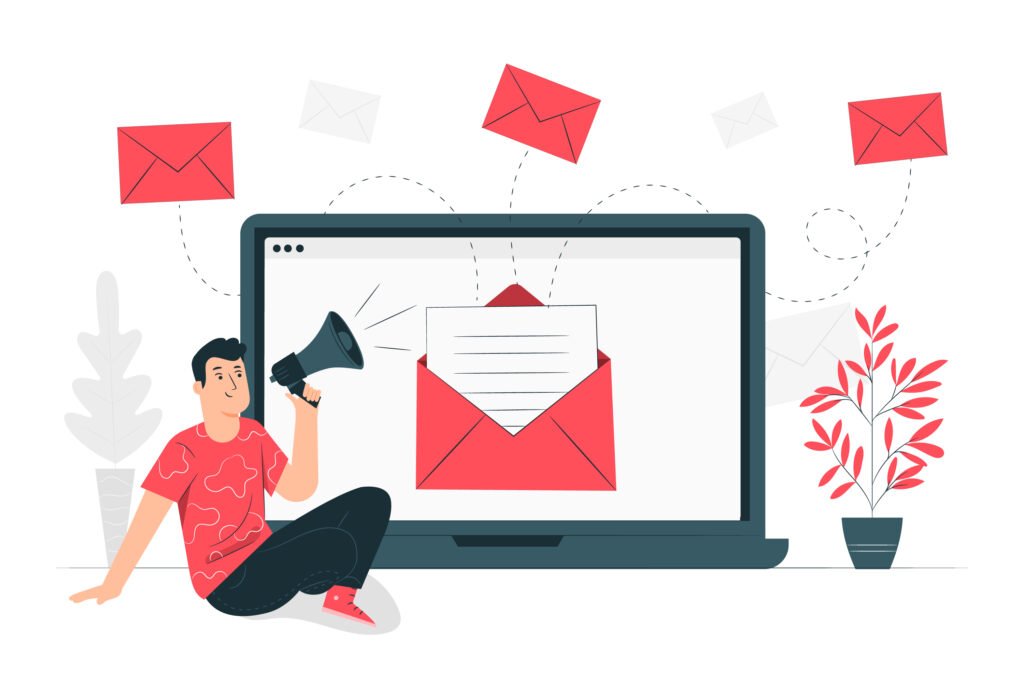
Email marketing is a potent strategy for personal injury lawyers to nurture relationships, stay connected with prospects and clients, and drive engagement and conversions. Creating a list of potential clients’ email contacts involves capturing contact information through website opt-in forms, consultations, and other interactions.
Once an email list is established, personal injury lawyers can send targeted email campaigns tailored to the recipient’s interests and needs. These campaigns can include updates on legal developments, informative legal tips, case studies, client success stories, promotions for services or events, and invitations to webinars or workshops.
By delivering valuable and relevant content directly to recipients’ inboxes, email marketing helps lawyers stay top-of-mind, build trust and credibility, and encourage recipients to take desired actions such as scheduling consultations, referring friends and family, or hiring the firm for legal representation. It’s an effective way to nurture leads, retain clients, and drive conversions to personal injury law practice.
Strategy 6: Pay-Per-Click (PPC) Advertising
PPC advertising involves running targeted advertisements on platforms like Google Ads and Bing Ads, wherein advertisers are charged per click on their ads. For personal injury lawyers, PPC advertising is an effective strategy to increase visibility, attract qualified leads, and drive website traffic.
To maximize the effectiveness of PPC campaigns, personal injury lawyers target keywords related to personal injury law, legal services, and local search terms relevant to their practice area and geographic location. This guarantees that advertisements are displayed to users actively needing legal assistance for personal injury matters in their area.
By leveraging PPC advertising, personal injury lawyers can position their ads prominently in search engine results pages (SERPs), reach a highly targeted audience, and increase the chances of generating inquiries and conversions. PPC campaigns can be optimized based on performance data to improve ROI and achieve marketing objectives effectively.
Strategy 7: Online Reviews and Reputation Management
Online reviews and managing reputation are crucial components of personal injury lawyer marketing. Prompting happy clients to share positive feedback on platforms like Google My Business, Yelp, and other review sites is essential for building trust and credibility with potential clients.
Personal injury lawyers should actively Solicit feedback from pleased clients and assist them in posting reviews on relevant platforms. Positive reviews are social proof of the firm’s expertise, professionalism, and client satisfaction, influencing potential clients’ decision-making process.
Moreover, managing and responding to reviews is crucial for maintaining a positive online reputation. Personal injury lawyers should monitor review platforms regularly, address any negative feedback or concerns promptly and professionally, and highlight positive experiences to showcase the firm’s commitment to client satisfaction.
Strategy 8: Local SEO and Google My Business

Local SEO and optimizing the Google My Business profile are essential strategies for personal injury lawyers to increase visibility and attract local clients effectively.
Optimizing the Google My Business profile involves providing accurate and comprehensive information about the firm, including contact details, services offered, business hours, and office and team photos. Motivating content clients to share favorable feedback on Google
My business profile also enhances my credibility and trustworthiness.
Implementing local SEO strategies focuses on optimizing website content, meta tags, and local keywords to rank higher in local search results. This includes using location-based keywords in website content, creating location-specific landing pages, and obtaining backlinks from local directories and websites.
Strategy 9: Networking and Referral Programs
Networking is crucial for personal injury lawyers to establish connections with fellow legal professionals, healthcare experts, and community organizations. By attending industry events, joining professional associations, and participating in networking activities, lawyers can establish connections and collaborations that may lead to referrals and partnerships. These relationships expand the firm’s network and enhance credibility and trust with colleagues and prospective clients.
Implementing referral programs is another effective strategy to encourage client referrals. Personal injury lawyers can incentivize satisfied clients, colleagues, and business contacts to refer new clients to the firm by offering rewards or discounts for successful referrals. Referral programs generate new leads and strengthen relationships with existing clients and partners, leading to a steady stream of high-quality referrals and business growth.
Now, let’s explore methods for measuring the effectiveness of personal injury lawyer marketing.
Effective Tracking Methods For Personal Injury Lawyer Marketing
- Use Analytics Tools: Utilize tools such as leveraging Google Analytics, Google Ads, and analytics from social media platforms to monitor essential metrics like website traffic, click-through rates, conversion rates, engagement metrics, and ROI.
- Implement Tracking Codes: Install tracking codes and pixels on your website and marketing channels to accurately track user behavior, campaign performance, and attribution data.
- Monitor Campaign Performance: Consistently track your campaigns’ performance, analyze data trends, and identify areas for improvement or optimization based on insights gained from analytics reports.
- Track Lead Sources: Use tracking mechanisms such as UTM parameters, call tracking numbers, and lead capture forms to identify the sources of leads and conversions. This enables you to evaluate how well different marketing channels and campaigns work.
FAQs
Q1. How Can Personal Injury Lawyers Improve Their Online Presence?
A. Creating a polished website and ensuring its optimization for search engines can help personal injury lawyers enhance their online visibility by engaging in content marketing and leveraging social media platforms.
Q2. What Strategies Can Personal Injury Lawyers Use To Attract Clients?
A. Personal injury lawyers can attract clients by defining their target audience, implementing effective SEO and PPC advertising, fostering positive online reviews, and engaging in community sponsorships and networking.
Conclusion
After delving into the wide range of personal injury lawyer marketing strategies, it’s clear that success in this competitive field requires a multifaceted approach. By incorporating these strategies into their marketing endeavors, personal injury lawyers can optimize outcomes, constantly adjusting and improving based on industry shifts, data analysis, and client input. This comprehensive method boosts brand visibility, nurtures enduring client connections, and facilitates enduring business expansion in the ever-evolving realm of personal injury law.
However, if you still have any questions related to the blog, please feel free to leave them in the comment section below. We will be happy to answer them.
Thanks for reading 🙂





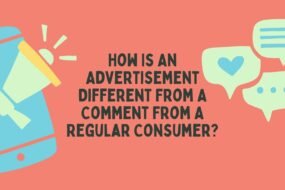
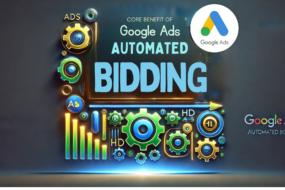
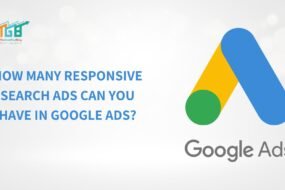
No Comments